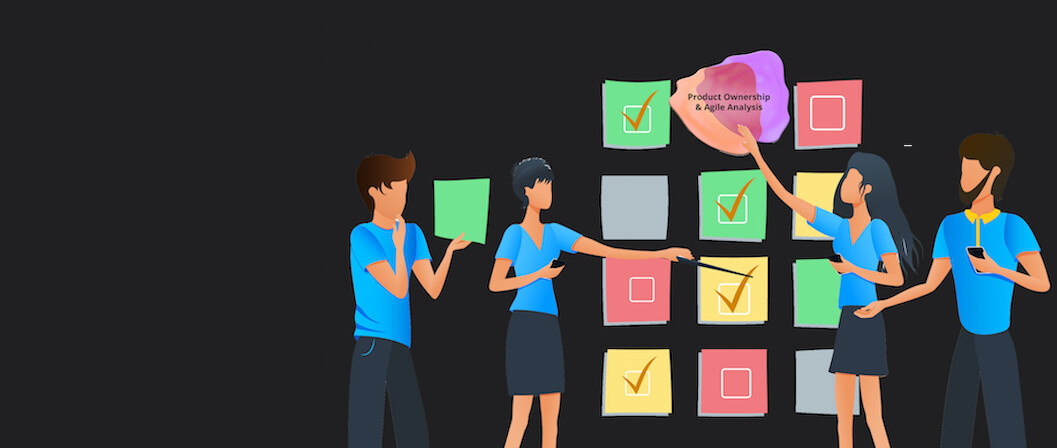Nowadays, it is so common to hear: “We are in the process of Agile transformation” from many technology companies’ employees. So, is this transformation, as mentioned earlier, only about ways of doing business or business methodologies? Actually, what we call transformation is not limited to methodology. It is much more than that. The concept of “Agile” has also transformed corporate culture by touching all the building blocks that bring an institution together.
With the Agile approach, we have evolved from process-oriented to value-oriented. Our daily work has become more transparent, team spirit has become more critical than hierarchy, and we have become more responsive to change. Our roles have also changed on our way to adopt this approach, especially in terms of roles and responsibilities regarding business analysis activities. During agile transformation, if the business analysis phase is not handled properly, this might end up with delay on planned deadlines, gap to reach the target value, and critical production issues both on functionality and quality.
IIBA aims to make all activities and outputs in the context of Business Analysis in line with a certain quality standard. The published guide book “Agile Extension to the BABOK” focuses to reduce activities and to define agile mindset in the context of business analysis. In this book, they summarized 3 main Horizon (Strategy Horizon, Initiative Horizon, Delivery Horizon) and techniques on 7 principles, on which he bases business analysis from strategy to detail:
- See the whole
- Think as a Customer
- Analyze to Determine What is Valuable
- Get Real Using Examples
- Understand What is Doable
- Stimulate Collaboration and Continuous Improvement
- Avoid Waste
In order to adopt all these principles and execute the techniques and agile analysis approach correctly, the delegation of roles and responsibilities in the organization should be done carefully. While some organizations that have adopted agile methodology have only the Product Owner role, in some organizations both BA and PO roles take place together. Still, in the context of business analysis, it is not always possible to separate the responsibilities in black and white with a sharp line. In addition, in the world where we switched from project focus to product focus, it became even more essential to obtain value-oriented business analysis outcomes. At this point, IIBA has recently published “Product Ownership Analysis” to define how the business analysis areas under the responsibility of both the Product Owner and the Business Analyst should be in good practices.
As BA-Works team, we focus on defining and performing Business Analysis discipline/methodology both locally and globally at international standards. In this direction, we determined our theme as “Product Ownership & Agile Analysis” for the BAistanbul 2021 conference, which will be held on December 7-8, to address current viewpoints and discussions.
If you don’t want to miss the limited Blind registration period, you can visit our site www.baistanbul.org and reserve your seat now.
BA-WORKS

